Psychiatric Medication Warning – 2025
Do not accept any psychiatric or mental health (anxiety/depression/etc.) medication from a doctor who is not a psychiatrist.
Warning: The Dangers of Taking Psychiatric Medications Without a Prescription from a Psychiatrist
Psychiatric medications are powerful tools in managing mental health conditions, but they should never be taken without a proper diagnosis and prescription from a qualified psychiatrist. Unlike general medications for temporary conditions, psychiatric drugs can directly alter brain chemistry, affecting neurotransmitters such as dopamine, serotonin, and norepinephrine. Many of these changes can be long-lasting or even permanent, leading to significant consequences if taken improperly.
Risks of Taking Psychiatric Medications
♦ Irreversible Brain Changes – Psychiatric drugs influence neural pathways and brain function. Long-term or improper use can lead to structural and functional changes in the brain that may not be reversible.
♦ Worsening Mental Health – Medications meant to treat depression, anxiety, bipolar disorder, and other conditions are carefully selected based on an individual’s needs. ♦ Taking the wrong medication, the wrong dosage, or stopping abruptly can worsen symptoms and trigger dangerous side effects.
♦ Severe Side Effects – Many psychiatric drugs come with risks of dependency, cognitive impairment, emotional blunting, agitation, or even psychotic symptoms if misused. Some medications can also cause life-threatening conditions such as serotonin syndrome or neuroleptic malignant syndrome.
♦ Unpredictable Interactions – Psychiatric medications can have dangerous interactions with other drugs, alcohol, or supplements. Without medical oversight, these interactions can lead to severe complications, including seizures, extreme sedation, or cardiovascular issues.
♦ Difficult Withdrawal – Many psychiatric medications require a carefully monitored tapering process when discontinuing use. Abruptly stopping a psychiatric drug can result in withdrawal symptoms, including brain zaps, mood swings, panic attacks, or even psychotic breaks.
Only Trust a Licensed Psychiatrist
A psychiatrist has specialized training in brain chemistry, mental health disorders, and medication management. They assess individual needs, monitor side effects, and adjust dosages carefully to ensure medications are both safe and effective. Even general physicians are not always equipped to prescribe psychiatric drugs appropriately.
Taking psychiatric medication without a prescription or medical supervision can cause long-term harm, worsen mental health conditions, and create lifelong complications.
Always consult a psychiatrist before taking any psychiatric drug, Regular doctors or nurses may be able to prescribe these drugs, but they lack the specialized psychiatric training needed to assure your safety.
We are not talking about over-the-counter vitamin supplements.
A recommendation from the SCARS Institute
IMPORTANT NOTE: This article is intended to be an introductory overview of complex psychological, neurological, physiological, or other concepts, written primarily to help victims of crime understand the wide-ranging actual or potential effects of psychological trauma they may be experiencing. The goal is to provide clarity and validation for the confusing and often overwhelming symptoms that can follow a traumatic event. It is critical to understand that this content is for informational purposes only and does not constitute or is not a substitute for professional medical advice, diagnosis, or treatment. If you are experiencing distress or believe you are suffering from trauma or its effects, it is essential to consult with a qualified mental health professional for personalized care and support.

Welcome to the SCARS INSTITUTE Journal of Scam Psychology
A Journal of Applied Scam, Fraud, and Cybercrime Psychology – and Allied Sciences
A dedicated site for psychology, victimology, criminology, applied sociology and anthropology, and allied sciences, published by the SCARS INSTITUTE™ – Society of Citizens Against Relationship Scams Inc.
TABLE OF CONTENTS
A Question of Trust
At the SCARS Institute, we invite you to do your own research on the topics we speak about and publish, Our team investigates the subject being discussed, especially when it comes to understanding the scam victims-survivors experience. You can do Google searches but in many cases, you will have to wade through scientific papers and studies. However, remember that biases and perspectives matter and influence the outcome. Regardless, we encourage you to explore these topics as thoroughly as you can for your own awareness.
Please Leave A Comment
Recent Comments
On Other Articles
[better_recent_comments number=”5″ format=”{avatar} on {post}: “{comment}” {date}” avatar_size=”20″]
A Note About Labeling!
We often use the term ‘scam victim’ in our articles, but this is a convenience to help those searching for information in search engines like Google. It is just a convenience and has no deeper meaning. If you have come through such an experience, YOU are a Survivor! It was not your fault. You are not alone! Axios!
Statement About Victim Blaming
Some of our articles discuss various aspects of victims. This is both about better understanding victims (the science of victimology) and their behaviors and psychology. This helps us to educate victims/survivors about why these crimes happened and to not blame themselves, better develop recovery programs, and to help victims avoid scams in the future. At times this may sound like blaming the victim, but it does not blame scam victims, we are simply explaining the hows and whys of the experience victims have.
These articles, about the Psychology of Scams or Victim Psychology – meaning that all humans have psychological or cognitive characteristics in common that can either be exploited or work against us – help us all to understand the unique challenges victims face before, during, and after scams, fraud, or cybercrimes. These sometimes talk about some of the vulnerabilities the scammers exploit. Victims rarely have control of them or are even aware of them, until something like a scam happens and then they can learn how their mind works and how to overcome these mechanisms.
Articles like these help victims and others understand these processes and how to help prevent them from being exploited again or to help them recover more easily by understanding their post-scam behaviors. Learn more about the Psychology of Scams at www.ScamPsychology.org
Psychology Disclaimer:
All articles about psychology, neurology, and the human brain on this website are for information & education only
The information provided in these articles is intended for educational and self-help purposes only and should not be construed as a substitute for professional therapy or counseling.
While any self-help techniques outlined herein may be beneficial for scam victims seeking to recover from their experience and move towards recovery, it is important to consult with a qualified mental health professional before initiating any course of action. Each individual’s experience and needs are unique, and what works for one person may not be suitable for another.
Additionally, any approach may not be appropriate for individuals with certain pre-existing mental health conditions or trauma histories. It is advisable to seek guidance from a licensed therapist or counselor who can provide personalized support, guidance, and treatment tailored to your specific needs.
If you are experiencing significant distress or emotional difficulties related to a scam or other traumatic event, please consult your doctor or mental health provider for appropriate care and support.
Also, please read our SCARS Institute Statement About Professional Care for Scam Victims – here
If you are in crisis, feeling desperate, or in despair please call 988 or your local crisis hotline.
SCARS Institute Resources:
- If you are a victim of scams go to www.ScamVictimsSupport.org for real knowledge and help
- Enroll in SCARS Scam Survivor’s School now at www.SCARSeducation.org
- To report criminals visit https://reporting.AgainstScams.org – we will NEVER give your data to money recovery companies like some do!
- Sign up for our free support & recovery help by https://support.AgainstScams.org
- Follow us and Find our podcasts, webinars, and helpful videos on YouTube: https://www.youtube.com/@RomancescamsNowcom
- SCARS Institute Songs for Victim-Survivors: https://www.youtube.com/playlist…
- See SCARS Institute Scam Victim Self-Help Books at https://shop.AgainstScams.org
- Learn about the Psychology of Scams at www.ScamPsychology.org
- Dig deeper into the reality of scams, fraud, and cybercrime at www.ScamsNOW.com and www.RomanceScamsNOW.com
- Scam Survivor’s Stories: www.ScamSurvivorStories.org
- For Scam Victim Advocates visit www.ScamVictimsAdvocates.org
- See more scammer photos on www.ScammerPhotos.com


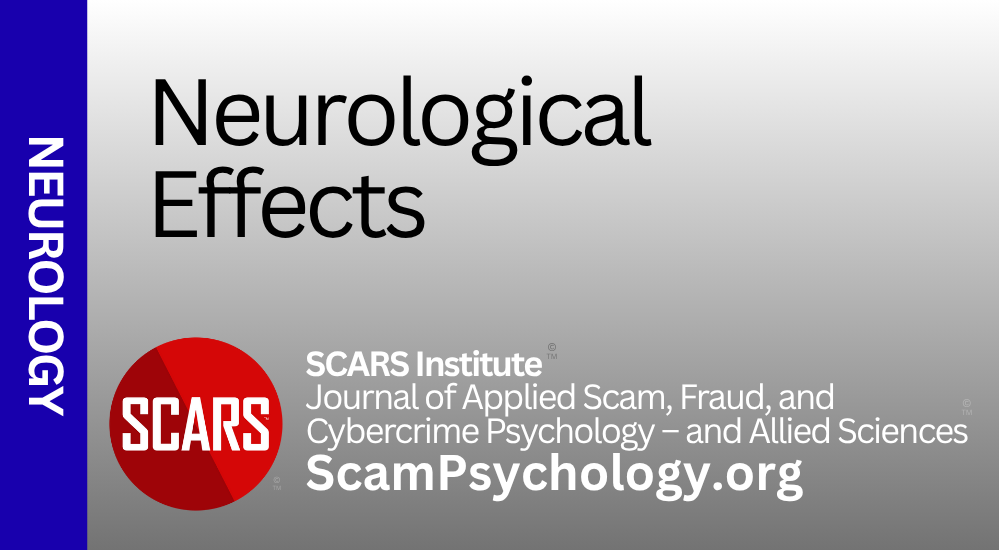
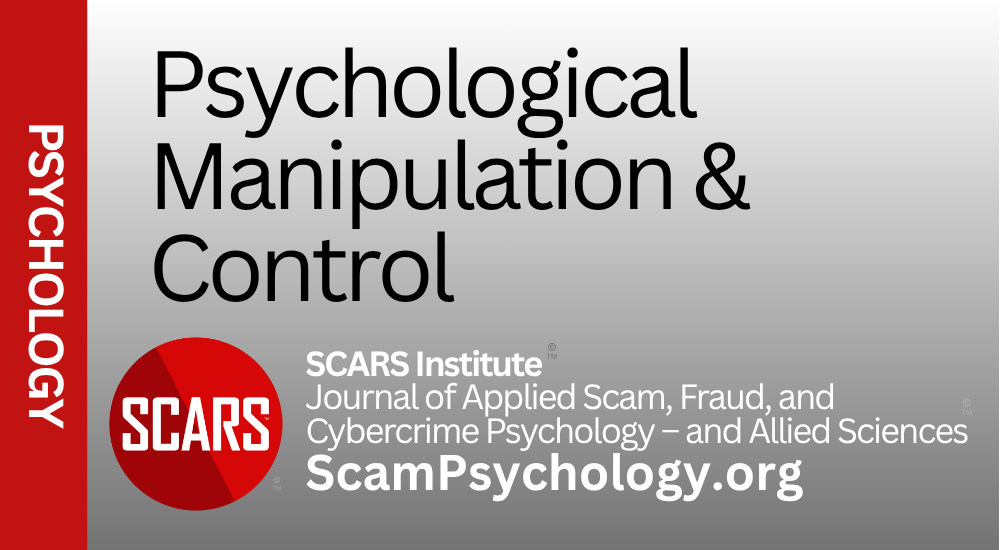
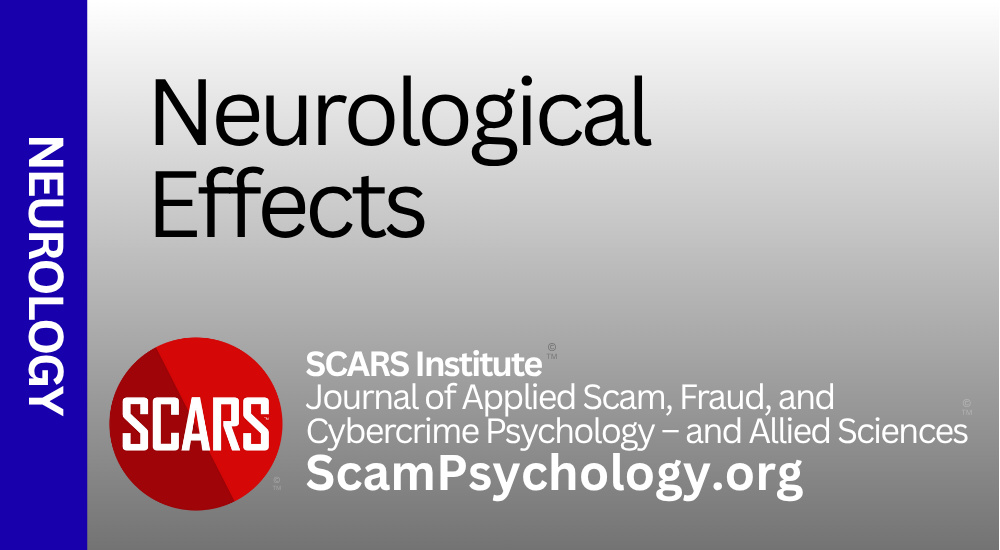
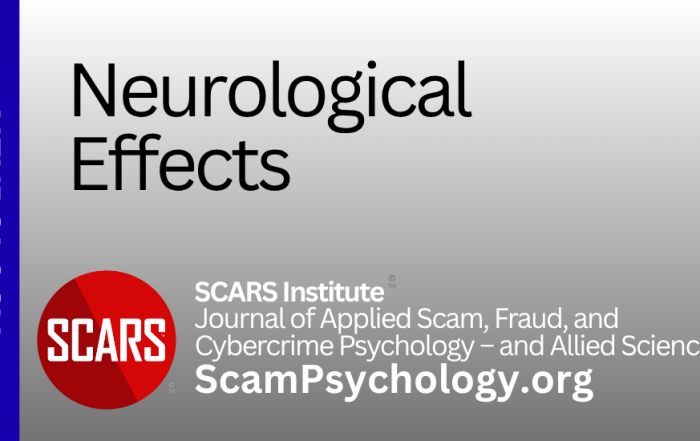

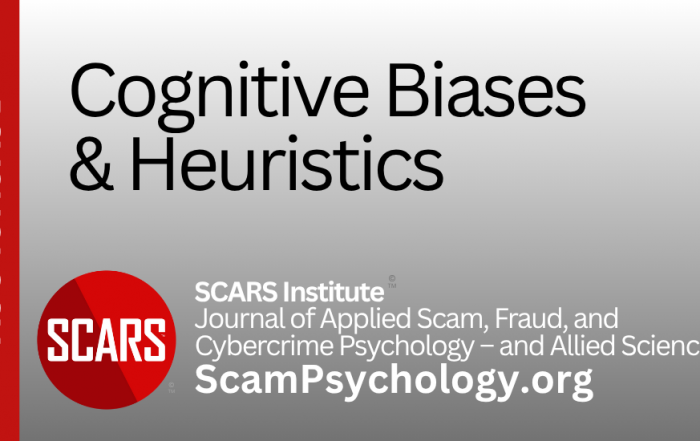
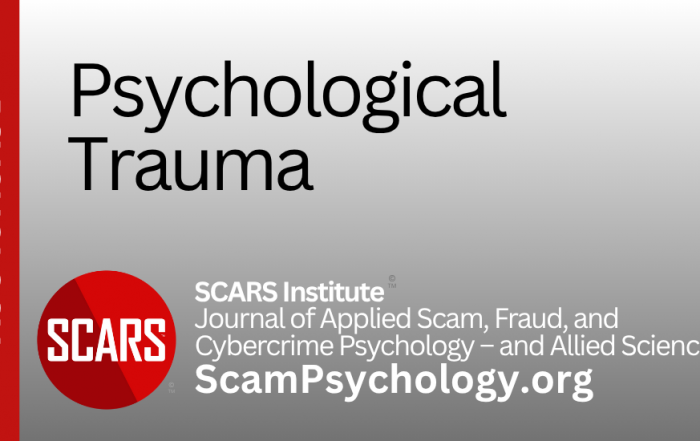
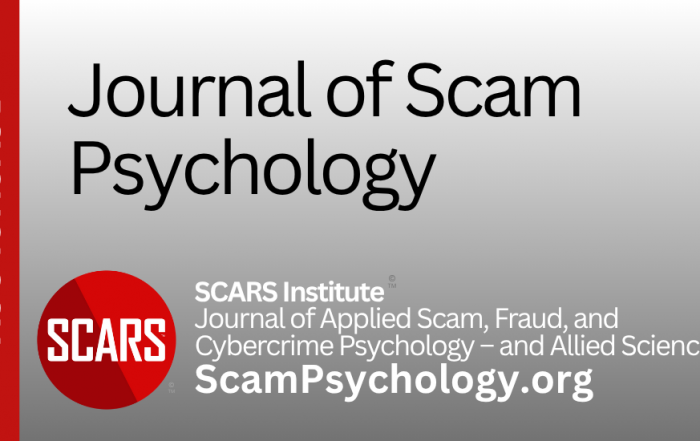
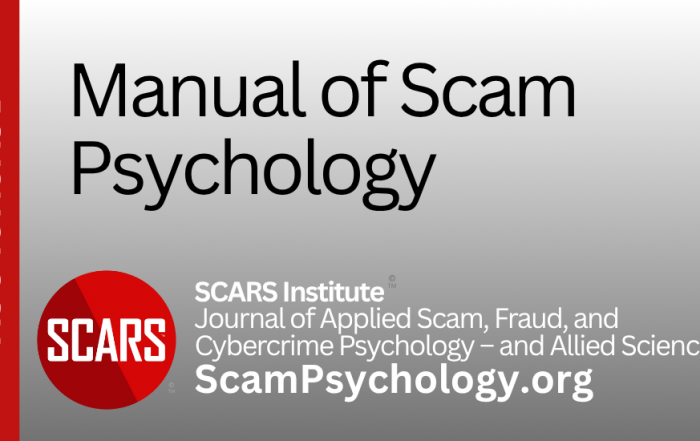

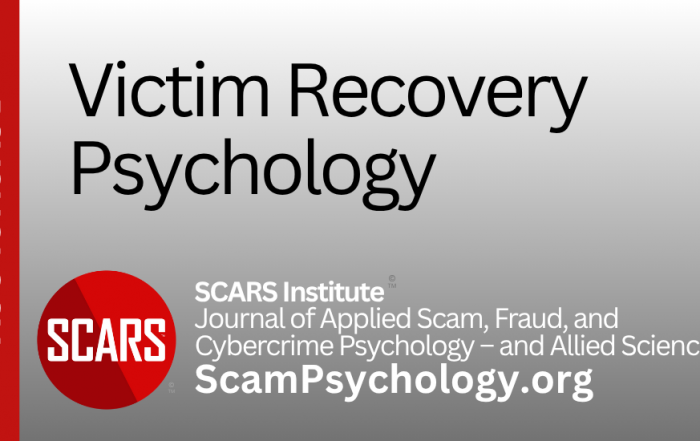
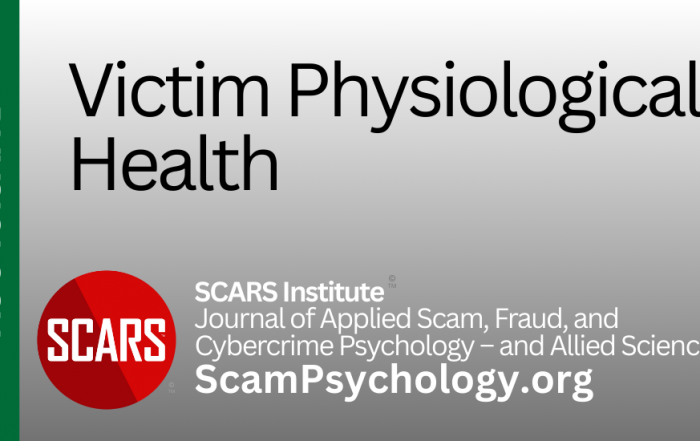

![niprc1.png1_-150×1501-11[1]](https://scampsychology.org/wp-content/uploads/2025/05/niprc1.png1_-150x1501-111.webp)